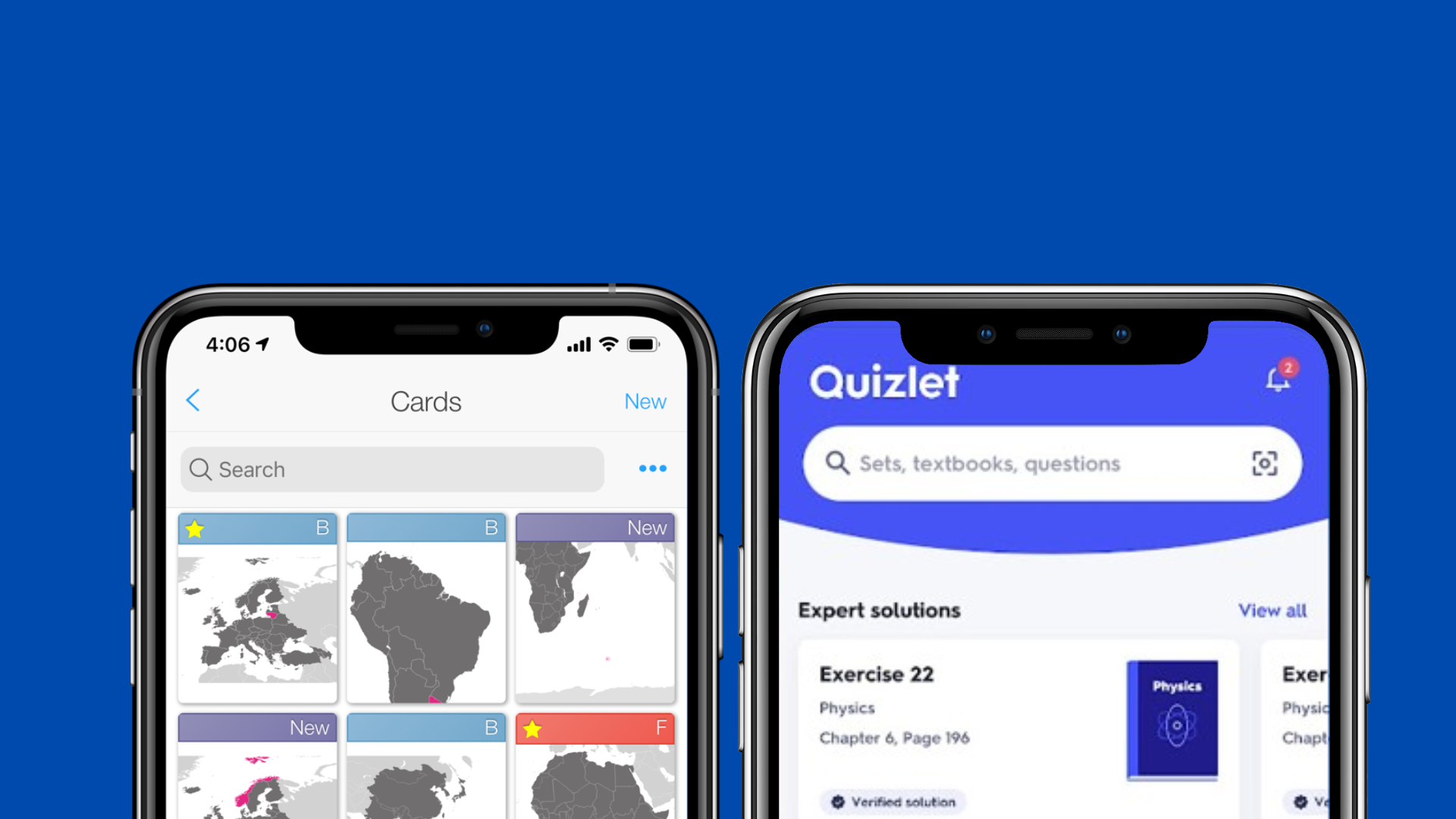In today’s digital age, where information is abundant, learning effectively is more important than ever. One of the most powerful learning techniques that can dramatically improve memory retention is spaced repetition.
Unlike traditional study sessions that often involve cramming, spaced repetition leverages the psychological spacing effect, introducing information at optimal intervals to ensure it is transferred from short-term to long-term memory. As the name suggests, it’s all about reviewing the material at increasingly spaced intervals.
Before we jump into the top apps that can facilitate this technique, it’s crucial to distinguish between the notions of flashcards and spaced repetition, as they are often conflated. Flashcards are a learning tool consisting of cards bearing information, like a question on one side and the answer on the other. They can be used for self-testing and review. Spaced repetition, on the other hand, is not just about the review; it’s about the timing of the review. It is a method where reviews are spaced over increasing intervals of time. The application of spaced repetition can be done using flashcards, but the key difference lies in how often and when you revisit these flashcards.
Now, let’s explore the best apps that employ spaced repetition to ensure your study sessions are as effective as can be.
1. DoYouNotes
DoYouNotes is a novel app providing users with a unique approach to spaced repetition. This app allows users to upload their own PDFs and then create custom questions based on the material. The questions you add are spaced out over time, so you can practice and retain the information in a personalized manner. This tool is especially useful for students who are dealing with content-heavy subjects and prefer interactive learning from their own notes or textbooks. The ability to add your own questions means the learning experience is tailored to your own understanding and learning objectives.
2. Anki
A well-known name in the world of spaced repetition is Anki. It’s a free, open-source software that allows you to create your own flashcards and schedule them according to the spaced repetition algorithm. Anki is highly customizable and works across multiple platforms, which means it’s accessible whether you’re on your smartphone or computer. The community around Anki is large and supportive, with users contributing a vast range of shared decks you can use if you don’t want to create your own.
3. Quizlet
Quizlet offers a variety of study modes, including a spaced repetition feature known as “Long-Term Learning”. It’s a user-friendly platform with a large database of existing flashcard sets that span countless topics. While it’s free to use the basic features, some advanced options require a subscription.
4. Memrise
Memrise uses spaced repetition in a slightly different way. The app incorporates the use of mnemonics and user-generated content to create a more engaging learning experience. While it’s primarily language-focused, you can find courses on a variety of subjects or create your own.
5. Pimsleur
For those who are looking to apply spaced repetition to language learning, specifically, Pimsleur is an audio-focused app that uses spaced repetition in its lessons. Though not flashcard-based, it integrates the spacing effect into its audio lessons effectively.
As we delve into these apps, remember that the effectiveness of your learning isn’t just about which app or tool you use, but how consistently you use it. Spaced repetition is all about the timing, and consistency is key. Whether you favor flashcards or personalized questions, the importance lies in the practice of reviewing information according to a schedule that considers the forgetting curve and helps transfer knowledge to long-term memory.
All the mentioned apps have proven themselves useful for learners worldwide, however, always look out for updates as the technology and methodologies behind these apps continue to evolve.
Embrace the power of spaced repetition and watch your retention soar. Good luck and happy learning!


